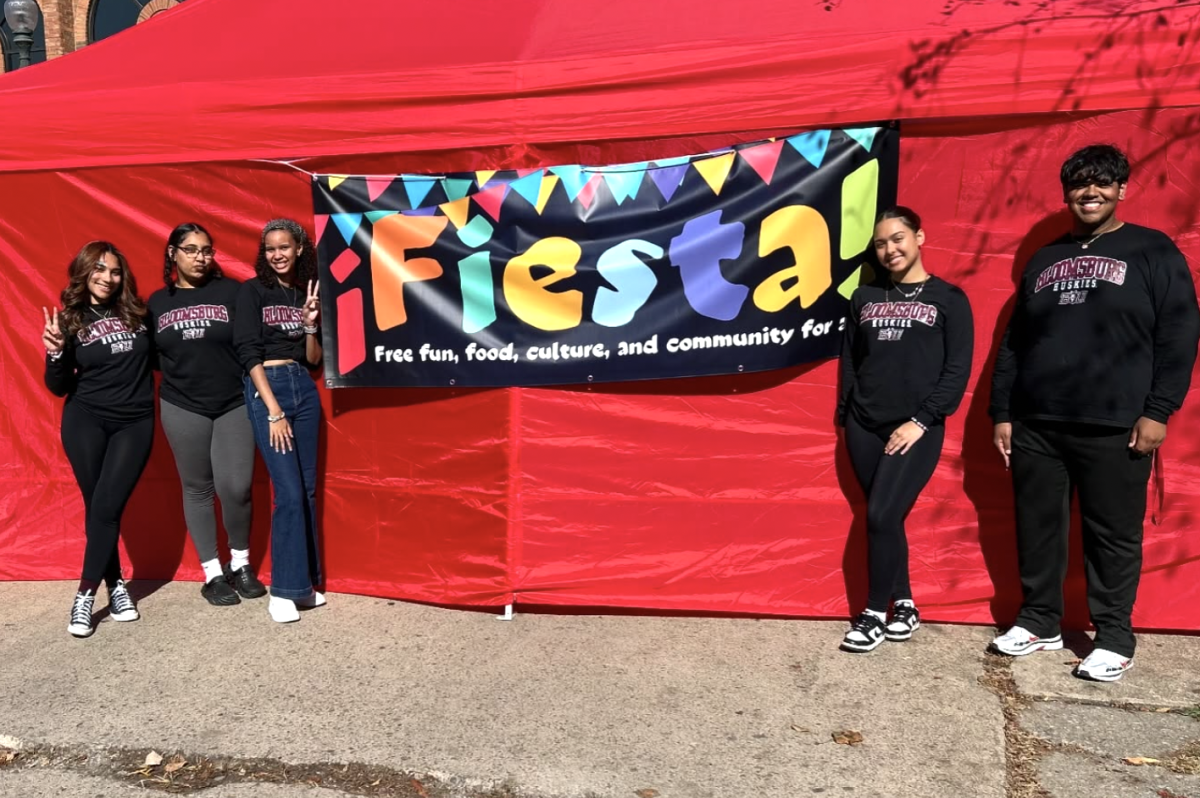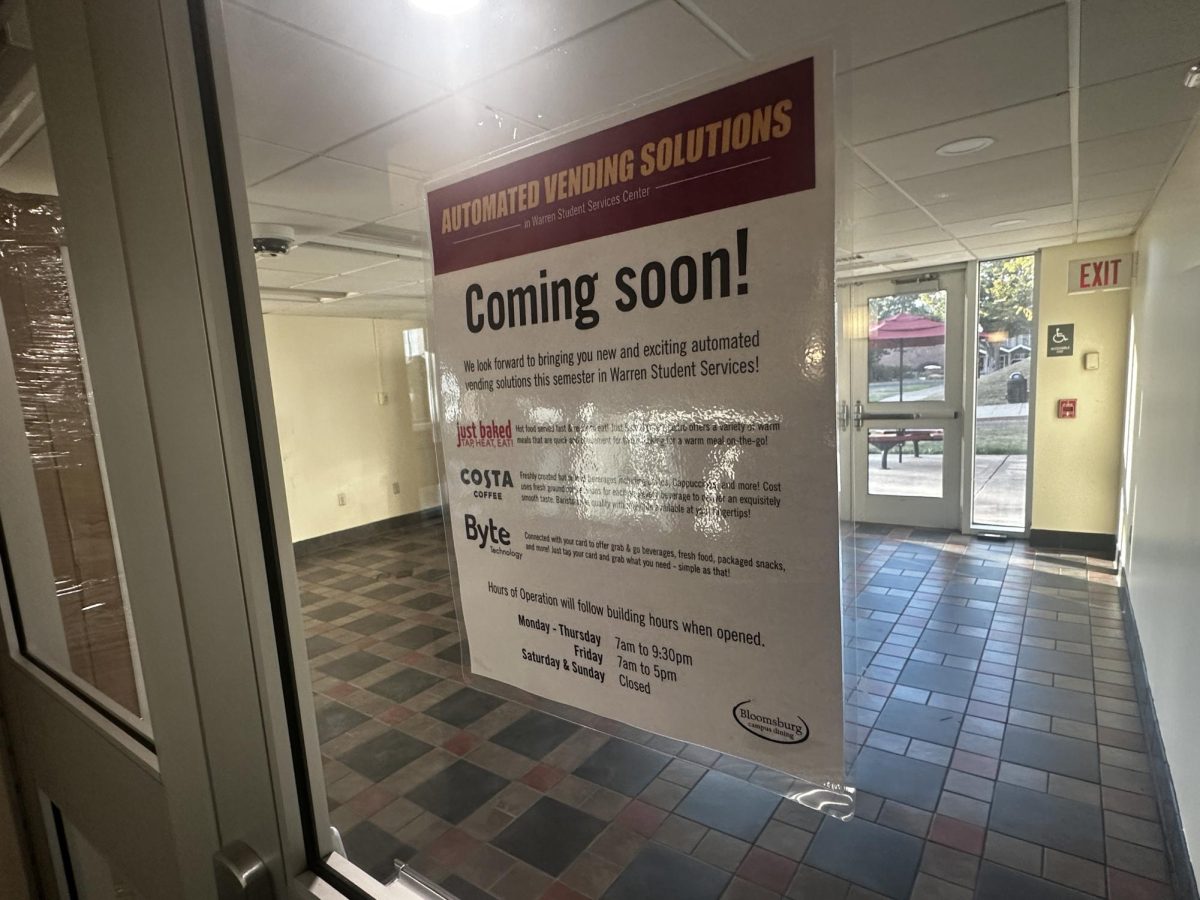Many of you may know Monday, Oct. 8 as Columbus Day. When you’re in elementary and high school, it’s a glorious day off from school. Ironically, and rightfully so, Monday, Oct. 8 is also National Indigenous Peoples Day. Now that you are older, I can officially announce that Columbus is a jerk (this is a kind word) and here’s why.
Anthropologists have a deep root in advocating for indigenous groups, so this is a topic that is heavy on my heart.
Many education systems fail to teach young ones that yes, Columbus was an important player in modern history, but this was not done by good measures.
When Columbus landed on the coasts of South and Central America, he was not the first person there. Native people to these lands and islands had already been settled for hundreds of years.
Being a typical ethnocentric patriarch for the time, Columbus decided that his position as a white European male gave him the right to dominate such people, who were not European or white.
He saw these people as savages who did not have souls. So why should he value their lives if that was his point of view?
This belief that the native people did not have a soul and therefore weren’t human lead to abuse, ethnocide, and genocide. Christianity was forced upon these people, destroying their culture and livelihood. Disease killed 90 percent of the indigenous populations Columbus and his men came into contact with.
Others were forced into slavery to appease the agents of exploration. Although the consequences of disease and the understanding of its virulence were not fully understood, severe oppression of these natives wasn’t going to aid in their recovery.
This was a very different time that truly did involve the harsh belief that white, European males were the peak of humanity. We now see these acts as wrong and inhumane, but we should consider the value of life.
Even today we are taught to see that certain individuals have more of a right to life and wellness than others. This is because the world we live in was heavily influenced by white European males who carried that idea with them to every corner of the world they traveled to. Their remnants remain.
These remnants can be seen as modern social injustices, gaps in healthcare, where national funds go, and everyday interactions with one another. This history is part of us and we need to recognize it as such.
Columbus Day was declared a national holiday in 1937. Indigenous Peoples Day was not declared until 1992. Think about that and all the history between those years. Think about the destruction of indigenous peoples lives before those years.
An anthropologist’s job is to advocate for their people, and it is difficult to do so in a world that has destroyed so much culture.
There are only so many indigenous groups left that can proclaim to know and practice their traditional culture, meaning that the culture has survived brutal and violent colonization, war, and discrimination.
As young people who are going to be taking care of the world, respect for one another is fundamental. We are at a turning point in history where we have the ability to help one another, even those on the other side of the world, but we have to be willing to make the effort to do so.
Learn from our past mistakes. Pick up the pieces and move forward with a positive agenda of equality and peace.
This age of exploration, and the important date of 1492 is valued to many people. Maybe the fact that we celebrate such an atrocity is merely an attempt to prevent us from forgetting. If we did not celebrate, would this be another lost and forgotten moment in history?
Celebrating Columbus may not be the ideal form of honoring indigenous people and their suffering, but lest we forget their history and the major turning points in history that have affected us all.
Micaela is a junior Anthropology major. She is the Vice President of the Anthropology club.





















